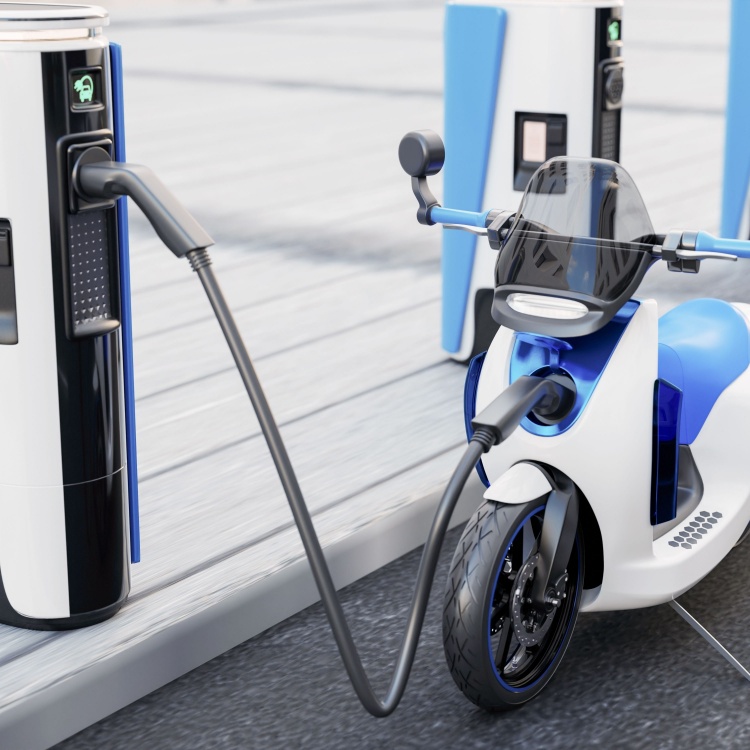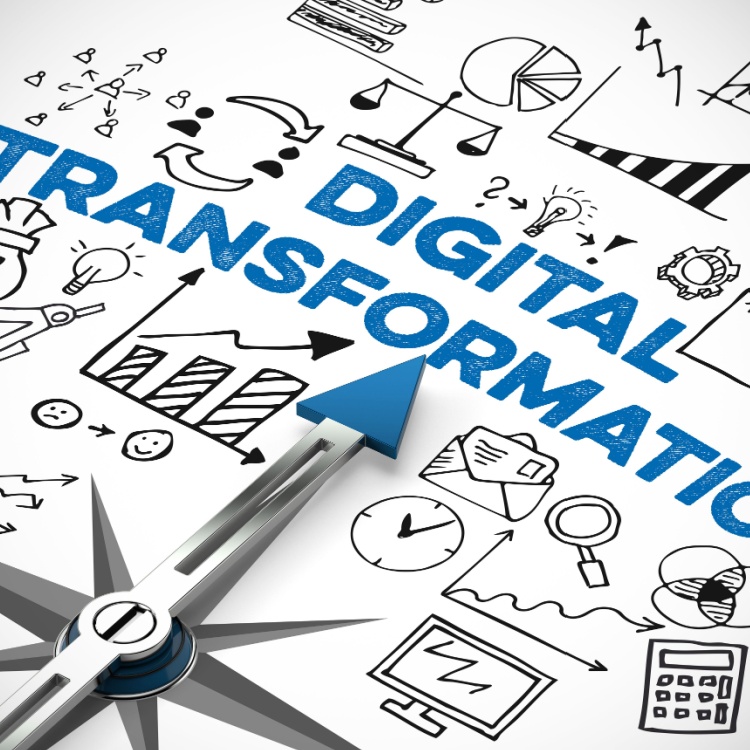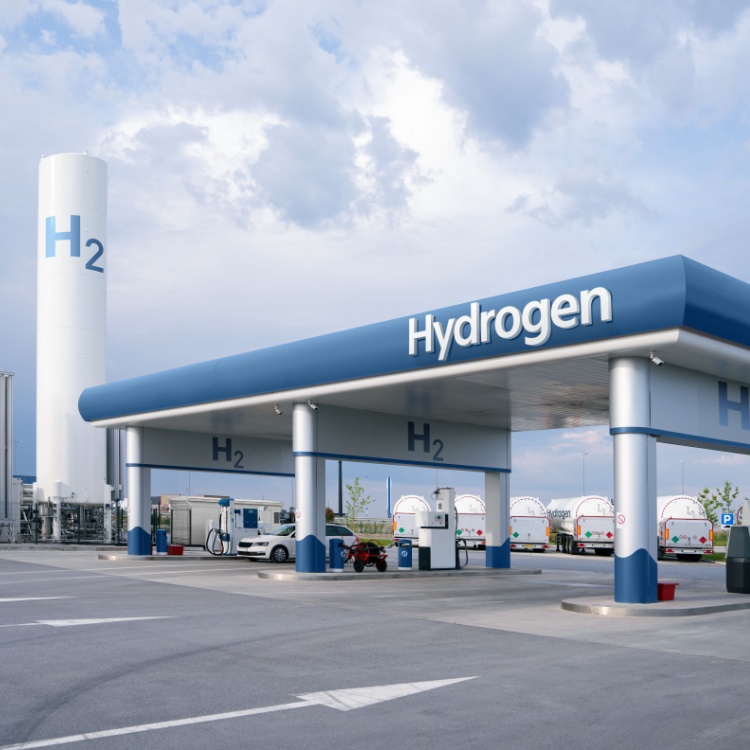The Smart Way to Save Water
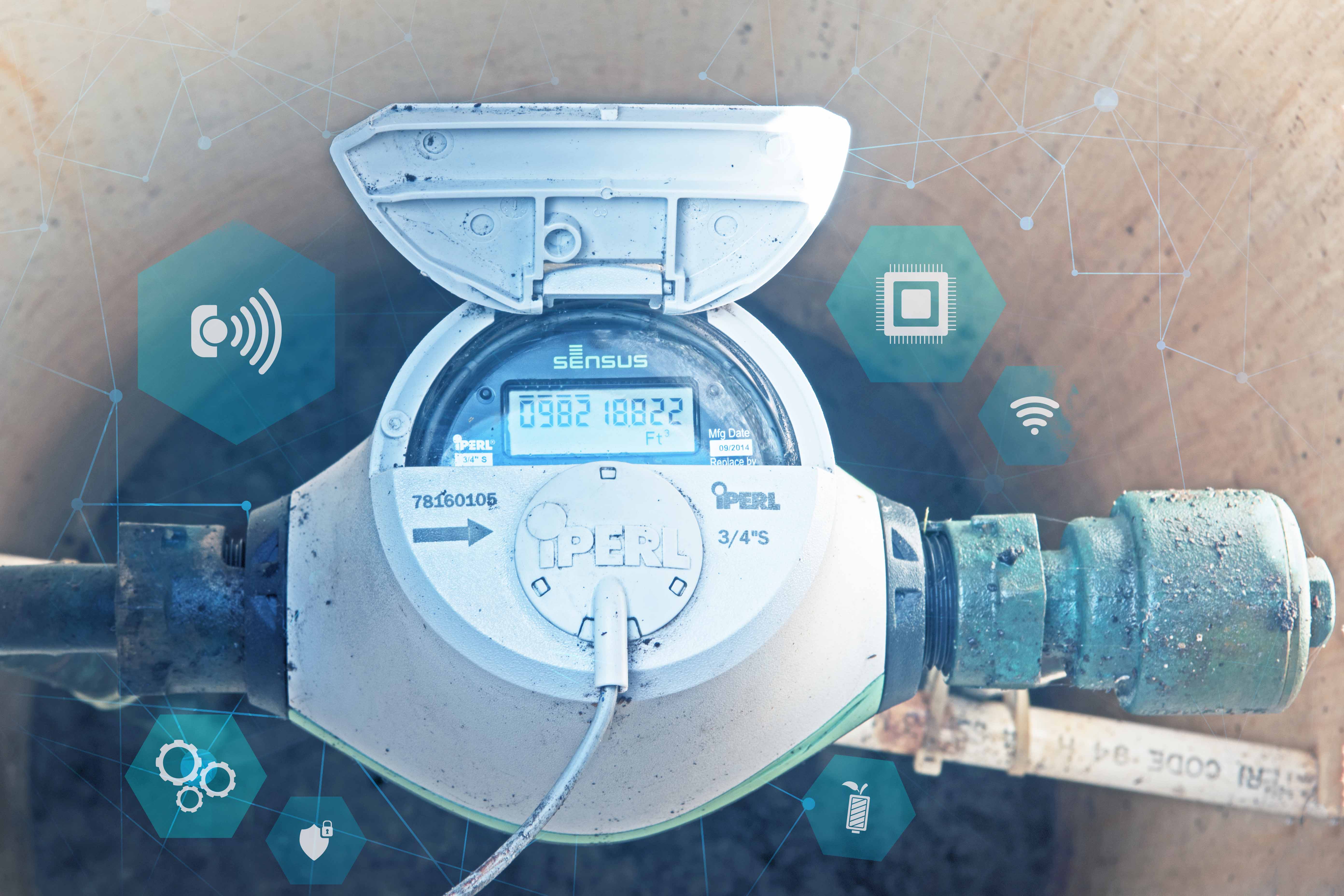
Around the world, utility companies are using smart meters to efficiently deliver our most precious resource–water. In this article, find out how the power of IoT can benefit consumers, service providers, and our environment.
What is a smart water meter?
A smart water meter is equipped with electronic sensors, a self-sufficient battery, and firmware. With this technology, a smart water meter can precisely monitor, measure, record, and transmit data to system operators for troubleshooting and analysis.
What are the advantages of a smart water meter?
With smart water meters, it’s a win-win situation for both the consumers and providers. Let’s take a look at the benefits this technology provides.
- Enhanced, real-time monitoring of water consumption. Smart water meters give users precise and detailed information on their daily water usage and consumption. With a better understanding of their consumption patterns, they can adopt more responsible usage habits.
- Easier and faster detection of anomalies. Smart meters prevent unpaid water because of fraud, unidentified losses, defective meters, or leaks. With pressure monitoring for real-time leakage detection and pump optimization, providers can anticipate potential problems and quickly respond to them. This helps prevent water loss, costly repairs, and severe structural damage.
- Reduced water footprint. On the consumer side, precise and detailed information on water consumption helps users identify areas of improvement for higher water and energy savings. For service providers, accurate and up-to-date information provides a comprehensive analysis that enables quick responses to problem areas and optimizes water supply management and performance.
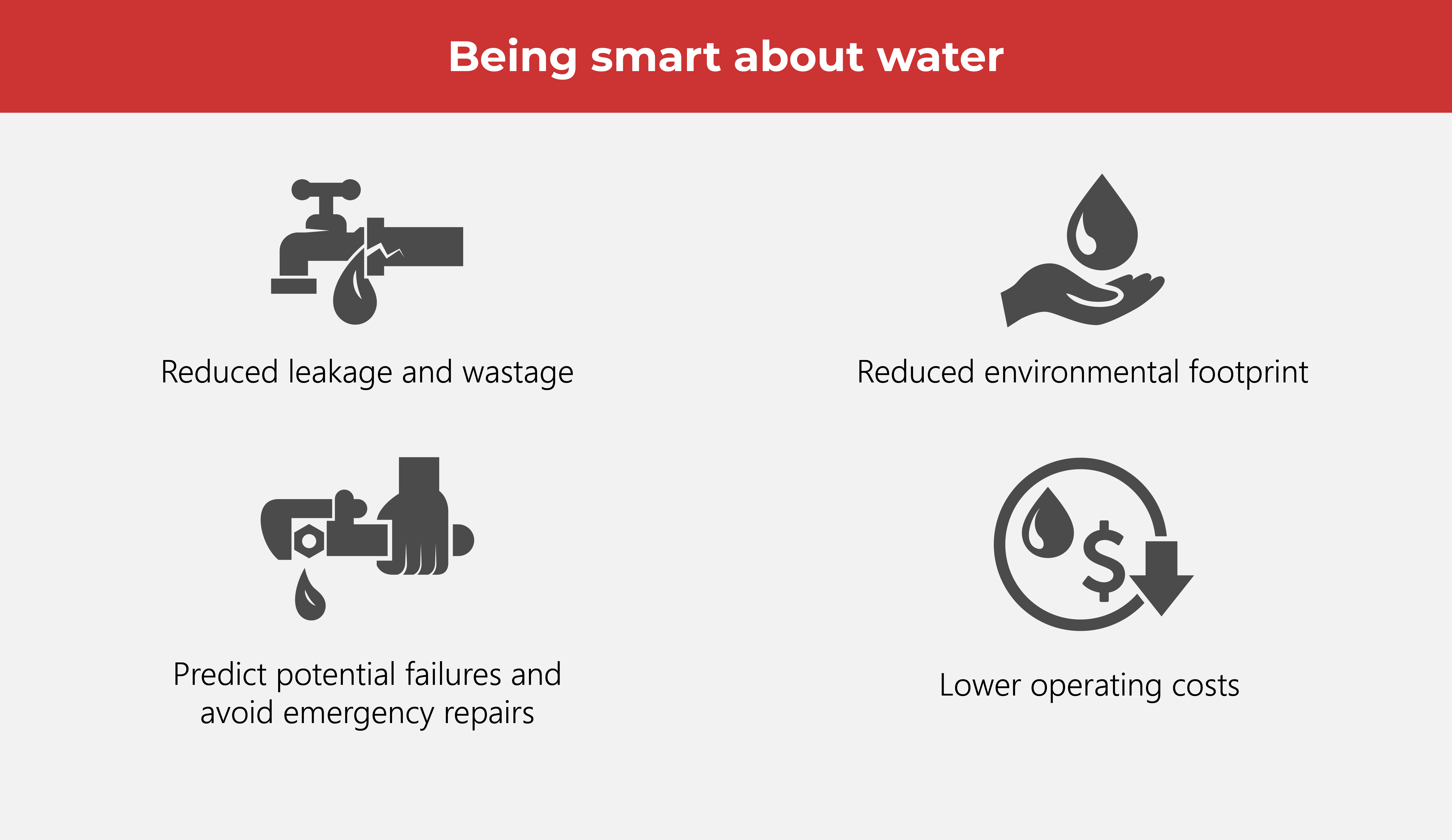 Getting smart about water around the world
Getting smart about water around the world
In our highly industrialized world with a population that could reach around 8.5 billion in 2030, effective water resource management is crucial. According to the 2021 SDG 6 Progress Report by UN-Water, 2.3 billion people live in water-stressed countries.
Water is a finite resource with a drastically increasing demand, and its efficient supply and distribution require smarter technological solutions. Let’s see how countries around the world are getting smart about water.
Dubai, United Arab Emirates
In 2014, the Dubai Electricity and Water Authority (DEWA) launched the first phase of the Supervisory Control and Data Acquisition (SCADA) center for water transmission. The SCADA center was established to manage the water transmission network in Dubai, which covers a distance of over 2,500 kilometers. This smart water management system improves automation and operational efficiency, reduces water network losses, and lowers costs.
In 2020, all mechanical water meters were replaced with smart water meters. At the Smart Meters Analysis and Diagnosis Center, 879,000 smart water meters are monitored remotely every 15 minutes. This technology helped identify and manage 457,233 water leakage reports and 16,103 defects over a three-year period.
From 2013 to 2021, the smart water management system detected 7,008 leaks, saving 4,069.93 million gallons and AED 162.8 million.
Singapore
Singapore’s current water demand is about 430 million gallons a day. By 2060, the demand is expected to nearly double.
In 2016 and 2018, Singapore’s Public Utilities Board (PUB) conducted two pilot trials for smart water meters. A total of 800 households participated in the pilot trials, with around 10% of these households experiencing leaks that mostly occurred at the water cisterns. Thanks to early leak detection and improved water consumption habits, households averaged around 5% in water savings. Trial participants also shared that data on daily usage was the most useful feature for them.
In 2021, the PUB announced that it will install some 300,000 smart water meters starting in early 2022 at no cost to customers. Around 90% of these smart water meters will be installed in residential properties, while the rest will be located in commercial and industrial developments. Using a web portal, customers can get data on their daily water consumption and receive notifications about suspected leaks and high water usage on their property.
Tech to keep water in our future
Thanks to advancements in communications, IoT sensors, and cloud computing, we can increase operational efficiency in densely populated cities, increase customer engagement through consumption feedback, and reduce our environmental impact. With data driving our decisions, we can make the smart choice about water.
As one of the Top 19 EMS companies in the world, IMI has over 40 years of experience in providing electronics manufacturing and technology solutions.
We are ready to support your business on a global scale.
Our proven technical expertise, worldwide reach, and vast experience in high-growth and emerging markets make us the ideal global manufacturing solutions partner.
Let's work together to build our future today.


